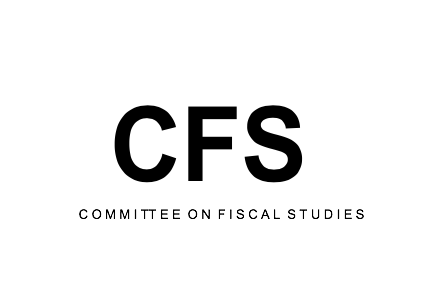THE ‘IRON’ TRIANGLE, HEALTH ACT, 2017, AND THE COST OF UNIVERSAL HEALTH COVERAGE AGENDA IN KENYA
Abstract
The ‘iron’ triangle concept emphasizes on three ingredients for proper policymaking in healthcare; namely access, quality and cost. Achieving the three however, is no mean fete. As such the Kenyan Health Act, 2017 while it remains the main framework to achieve universal health coverage (UHC) in Kenya, may fail to meet its targets. The key weakness in the Act on moving towards UHC is on cost. It is not clear under the Act who will pay for the cost and where the sources of revenue are going to come from. The commitment to the 2001 Abuja Declaration that required African States to commit 15% of the total national budget to finance health has not been achieved, further exacerbating the already dire financial situation. While the Act is strong on access and quality, the two may not be adequately achieved until the issue of healthcare cost is also properly articulated and reflected in the national health legislation. This article, therefore, seeks to analyse the issue of health care cost in the context of a developing country and how the same can be expressly addressed in the national health legislation starting with the 15% Abuja Commitment being entrenched into the law. Health financing as a topic is especially important in developing countries as financing of education because many users of health care in developing countries are poor and cannot afford to pay for the services from their own income leading to poor health outcomes and stunted development.



